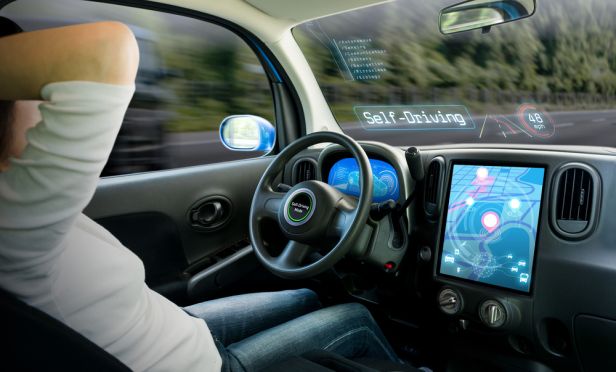
As auto manufacturers race to develop autonomous vehicles, it would do well to remember that many consumers remain split on technology's role in cars.
The latest report from J.D. Power and Miller Canfield, “Automated Vehicles: Liability Crash Course,” found that only 14% “definitely would” ride in a fully automated, self-driving vehicles, while 33% said they ”probably would.” Comparatively, 29% said they “probably would not” and 17% said they ”definitely would not.”
Related: Navigating the twists and turns of self-driving cars and insurance
|You be the judge
Technology's incremental implementation in cars has increased consumers confidence with it, but many still remain wary. As a result, the continuing development of automated driving systems (ADS) presents a number of risks in terms of liability.
Recommended For You
Want to continue reading?
Become a Free PropertyCasualty360 Digital Reader
Your access to unlimited PropertyCasualty360 content isn’t changing.
Once you are an ALM digital member, you’ll receive:
- Breaking insurance news and analysis, on-site and via our newsletters and custom alerts
- Weekly Insurance Speak podcast featuring exclusive interviews with industry leaders
- Educational webcasts, white papers, and ebooks from industry thought leaders
- Critical converage of the employee benefits and financial advisory markets on our other ALM sites, BenefitsPRO and ThinkAdvisor
Already have an account? Sign In Now
© 2025 ALM Global, LLC, All Rights Reserved. Request academic re-use from www.copyright.com. All other uses, submit a request to [email protected]. For more information visit Asset & Logo Licensing.









